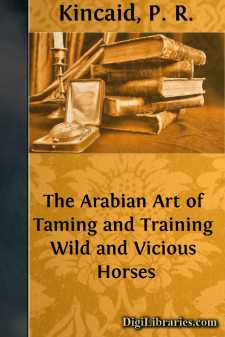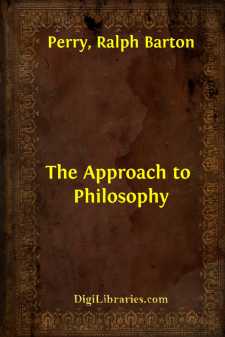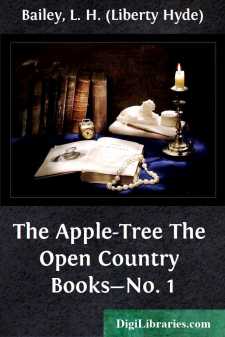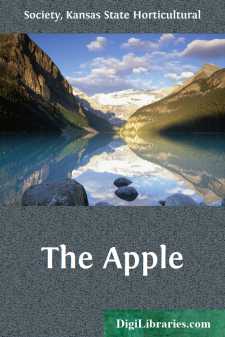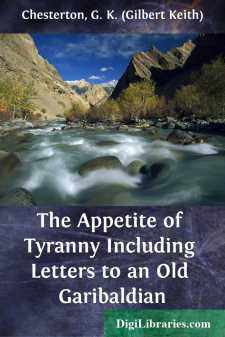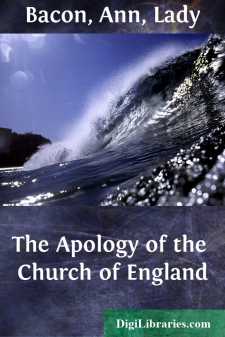Categories
- Antiques & Collectibles 13
- Architecture 36
- Art 48
- Bibles 22
- Biography & Autobiography 813
- Body, Mind & Spirit 142
- Business & Economics 28
- Children's Books 13
- Children's Fiction 10
- Computers 4
- Cooking 94
- Crafts & Hobbies 4
- Drama 346
- Education 46
- Family & Relationships 57
- Fiction 11828
- Games 19
- Gardening 17
- Health & Fitness 34
- History 1377
- House & Home 1
- Humor 147
- Juvenile Fiction 1873
- Juvenile Nonfiction 202
- Language Arts & Disciplines 88
- Law 16
- Literary Collections 686
- Literary Criticism 179
- Mathematics 13
- Medical 41
- Music 40
- Nature 179
- Non-Classifiable 1768
- Performing Arts 7
- Periodicals 1453
- Philosophy 64
- Photography 2
- Poetry 896
- Political Science 203
- Psychology 42
- Reference 154
- Religion 513
- Science 126
- Self-Help 84
- Social Science 81
- Sports & Recreation 34
- Study Aids 3
- Technology & Engineering 59
- Transportation 23
- Travel 463
- True Crime 29
Sort by:
by:
Anonymous
THE INTRODUCTION The Arabian Nights was introduced to Europe in a French translation by Antoine Galland in 1704, and rapidly attained a unique popularity. There are even accounts of the translator being roused from sleep by bands of young men under his windows in Paris, importuning him to tell them another story. The learned world at first refused to believe that M. Galland had not invented the tales....
more...
by:
Andrew Lang
The Arabian Nights In the chronicles of the ancient dynasty of the Sassanidae, who reigned for about four hundred years, from Persia to the borders of China, beyond the great river Ganges itself, we read the praises of one of the kings of this race, who was said to be the best monarch of his time. His subjects loved him, and his neighbors feared him, and when he died he left his kingdom in a more...
more...
by:
Maxfield Parrish
PREFACE Little excuse is needed, perhaps, for any fresh selection from the famous "Tales of a Thousand and One Nights," provided it be representative enough, and worthy enough, to enlist a new army of youthful readers. Of the two hundred and sixty-four bewildering, unparalleled stories, the true lover can hardly spare one, yet there must always be favourites, even among these. We have chosen...
more...
by:
P. R. Kincaid
Founded on the Leading Characteristics of the Horse. FIRST.—That he is so constituted by nature that he will not offer resistance to any demand made of him which he fully comprehends, if made in a way consistent with the laws of his nature. SECOND.—That he has no consciousness of his strength beyond his experience, and can be handled according to our will, without force. THIRD.—That we can, in...
more...
PREFACE In an essay on "The Problem of Philosophy at the Present Time," Professor Edward Caird says that "philosophy is not a first venture into a new field of thought, but the rethinking of a secular and religious consciousness which has been developed, in the main, independently of philosophy." If there be any inspiration and originality in this book, they are due to my great desire...
more...
WHERE THERE IS NO APPLE-TREE The wind is snapping in the bamboos, knocking together the resonant canes and weaving the myriad flexile wreaths above them. The palm heads rustle with a brisk crinkling music. Great ferns stand in the edge of the forest, and giant arums cling their arms about the trunks of trees and rear their dim jacks-in-the-pulpit far in the branches; and in the greater distance I know...
more...
by:
Aunt Fanny
THE APPLE DUMPLING. Many years ago, there was a little old woman who lived a long way off in the woods. She lived all by herself, in a little cottage with only two rooms in it, and she made her living by knitting blue woollen stockings, and selling them. One morning the old woman brushed up the hearth all clean, and put everything in order; then she went to the pantry and took out a great black pot,...
more...
THE CHEMISTRY OF THE APPLE TREE. Written specially for "The Kansas Apple," By Prof. E. H. S. Bailey, Chemist at the Kansas State University. In the cultivation of the apple tree, which, like most plants, gets its nourishment from two sources, the soil and the atmosphere, these must be first considered. From the soil come the mineral ingredients, those that are given back to the soil when the...
more...
THE FACTS OF THE CASE Unless we are all mad, there is at the back of the most bewildering business a story: and if we are all mad, there is no such thing as madness. If I set a house on fire, it is quite true that I may illuminate many other people's weaknesses as well as my own. It may be that the master of the house was burned because he was drunk; it may be that the mistress of the house was...
more...
by:
Ann Bacon
INTRODUCTION. The great interest of Jewel’s “Apology” lies in the fact that it was written in Latin to be read throughout Europe as the answer of the Reformed Church of England, at the beginning of Queen Elizabeth’s reign, to those who said that the Reformation set up a new Church. Its argument was that the English Church Reformers were going back to the old Church, not setting up a new; and...
more...





